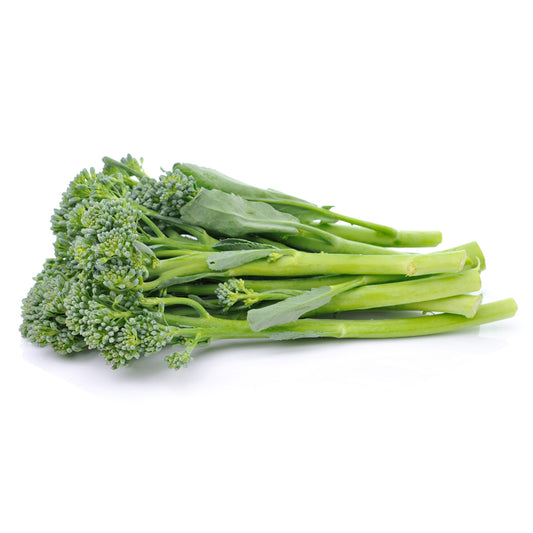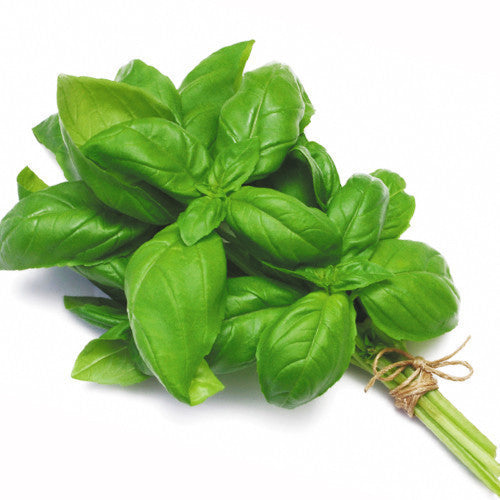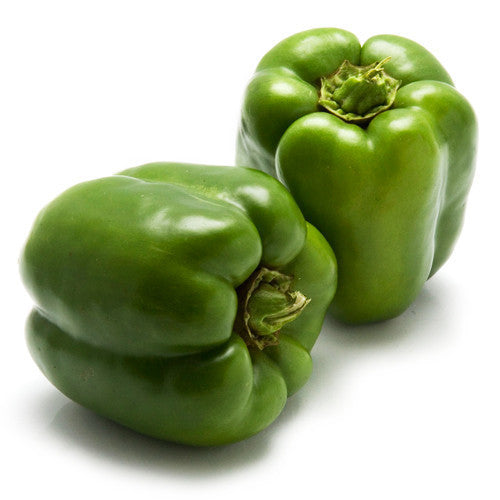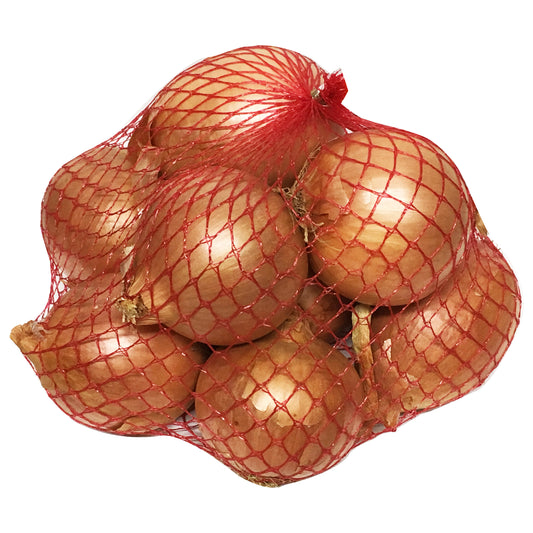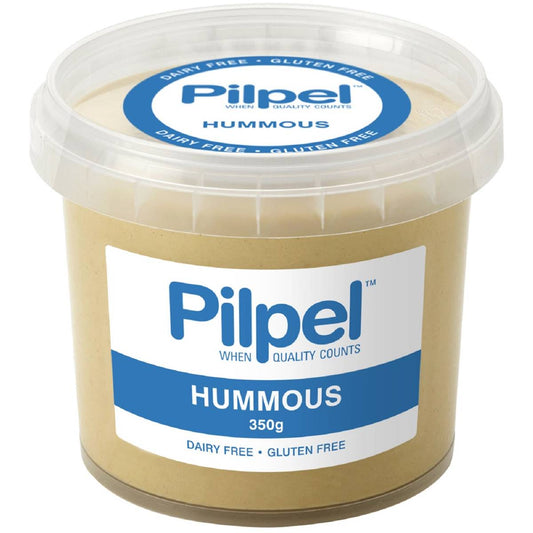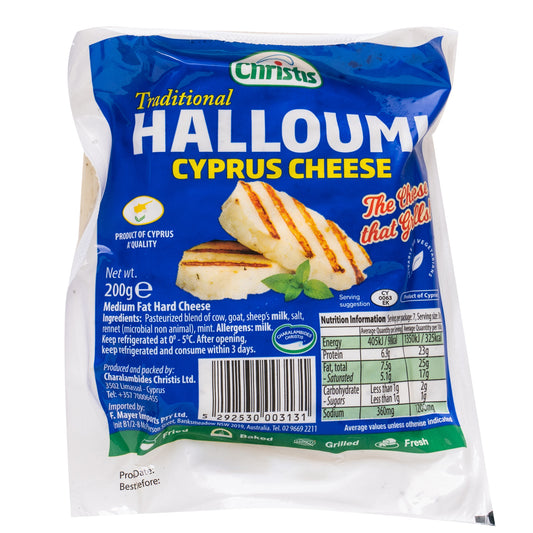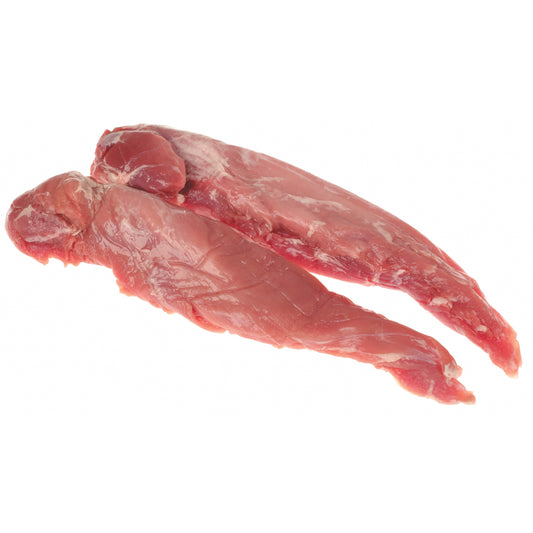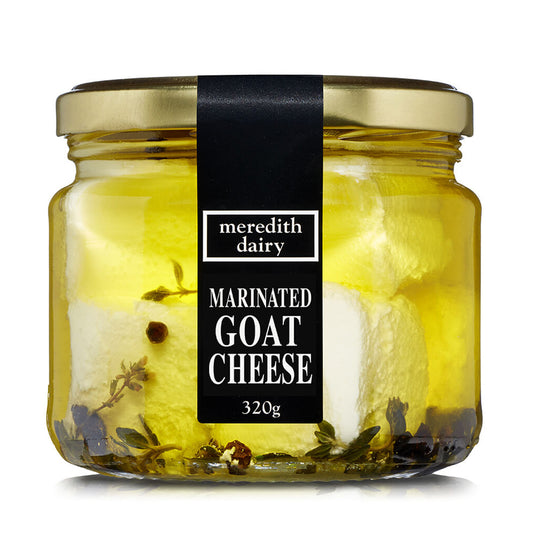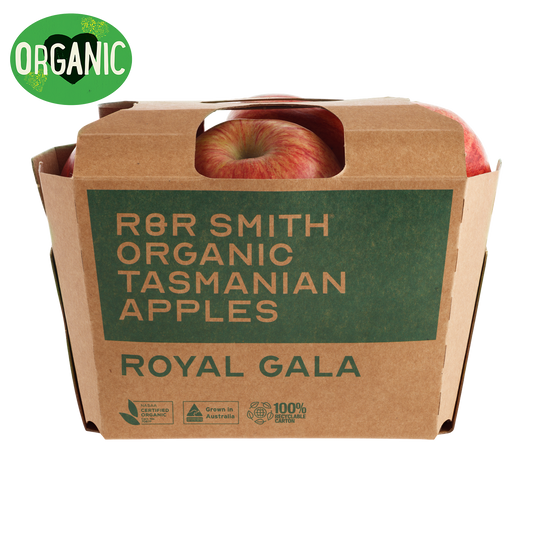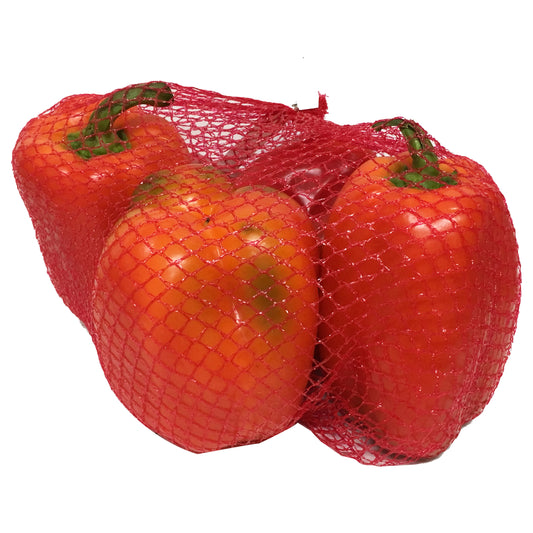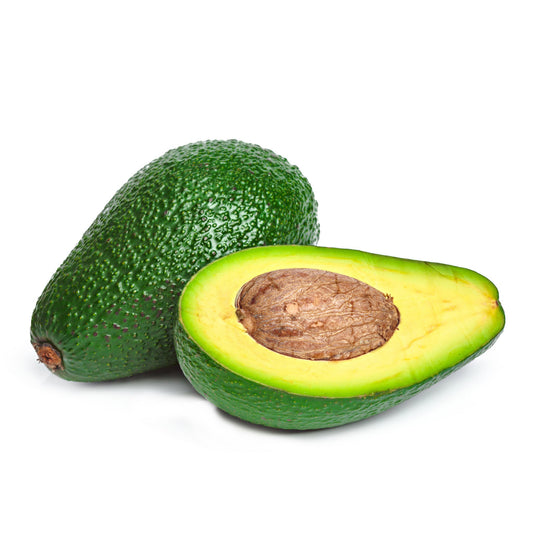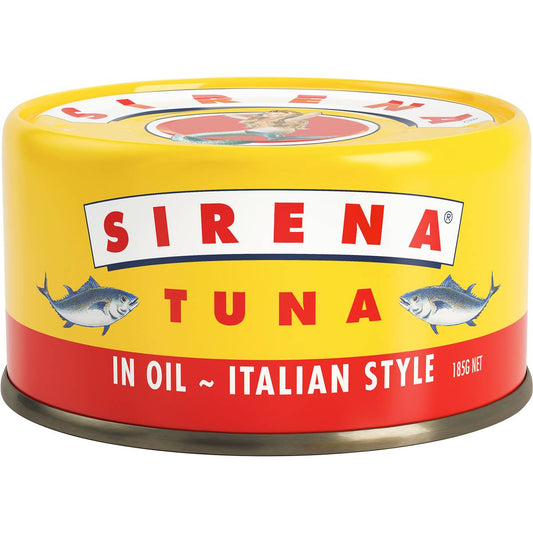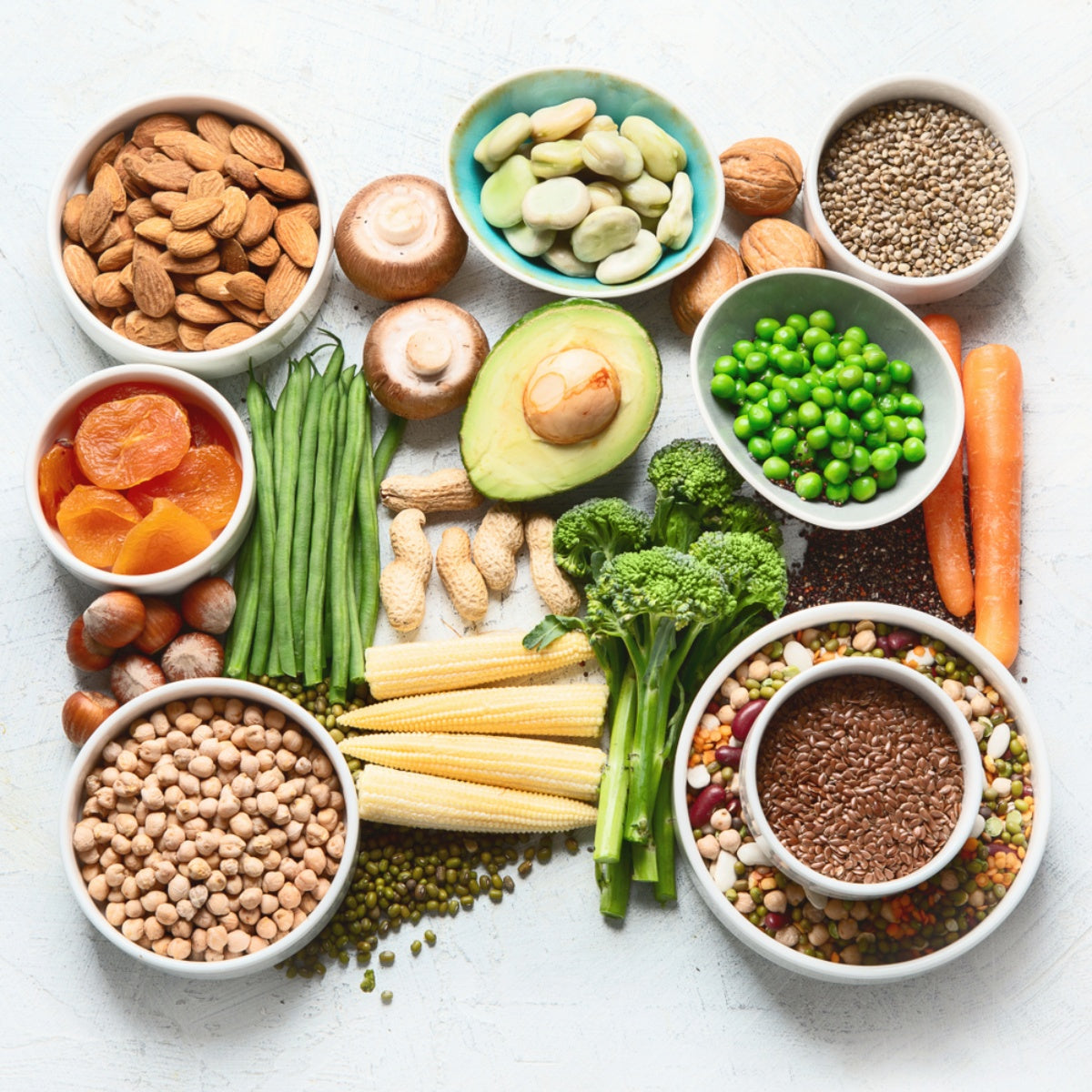
Your guide to plant-based nutrition
Not only can you get all the vitamins and nutrients you need from plant-based sources, there are vital nutrients that are only found naturally in certain fruit and vegetables. Here's out guide to the key nutrients for health and where to find them.
Protein
Protein is a macronutrient that is imperative to the health of all body cells, not only just muscle cells. Protein forms the building blocks of most body structures, including muscles, blood and skin, this isn't their only role though. Protein is also important in many reactions that happen in your body and act as catalysts i.e. they help that reaction to occur, e.g. in digestion, where they act as enzymes which facilitate the breakdown of food. A persons protein intake is dictated by their age, gender, functional goals and energy expenditure.
Plant based sources of protein include nuts, seeds, wholegrains, legumes and pulses.
Fats
Like protein, fats are a macronutrient and play an essential role in our health. When it comes to fats, there are a few different categories. Unsaturated fats are considered to have greater health benefits than saturated fats; another way to tell these two apart is that unsaturated fats are liquid at room temp (think olive oil, avocado oil) and saturated are solid (think butter). Fat is a dense source of energy and is essential in the structure of every cell in our body, particularly our brain and eyes.
Plant based sources of fats include avocado, nuts, seeds and their oils, olives and extra virgin olive oil.
Gut Health
What goes the term 'gut health' actually mean? Well, when we talk about gut health we are referring to foods high in dietary fibre. Fibre is material that goes undigested in our bodies - it offers little nutritional benefit to us - but it acts as an energy source for the millions and trillions of different microorganisms living in our gastrointestinal tract. These microbes react and ferment the fibre which triggers a number of different physiological reactions, most of which are beneficial to our health. Eating an array of different coloured fruit and vegetables, combined with regular consumption of wholegrains, legumes, nuts and seeds is a combination your gut will love you for!
Vitamin A
Vitamin A is a fat-soluble vitamin, meaning that it is stored in body fat rather than being flushed out as water-soluble vitamins are. Like all vitamins, Vit A has many different roles in our bodies. The most important are related to eye health, maintaining the health of different tissues and skin and lastly supporting growth and reproductive health.
Plant foods contain Vitamin A precursors - these are compounds which are transformed into Vitamin A in our bodies. Carotenoids are pigments that give red, yellow and orange veg their colour, and are Vitamin A precursors.
Vitamin D
Meeting your daily requirements of Vitamin D through food can be quite tricky. There are limited food sources that contain Vit D - some examples that do are eggs, mushrooms, fatty fish and fortified foods. The majority of our Vitamin D comes from exposure to the sun. Vit D works alongside calcium to ensure the health of bones and teeth.
Vitamin E
Vitamin E is called a vitamin but it actually acts as an antioxidant in our bodies. What's an antioxidant you ask? Antioxidants are small molecules that transport all around our body and react with what we call 'free radicals'. Free radicals are compounds that want to cause destruction and basically wreak havoc to our body cells. Antioxidants are responsible for neutralising these free radicals to prevent any damage to cells.
Plant based sources of Vitamin E include leafy green vegetables, wholegrains, nuts, seeds and their oils.
Vitamin K
Vitamin K is integral in creating proteins that help with blood clotting and bone health. Vitamin K is found in foods like leafy green veg, cruciferous vegetables (think cabbage, broccoli, cauli) but can also be made as a byproduct from bacteria in the digestive tract (only a very small amount though!)
Vitamin C
Vitamin C is an extremely important vitamin and lucky for us, it is quite accessible in many different fruit and veg! Vit C has an array of tasks in our bodies, including helping in the creation of collagen (a protein), acting as an antioxidant, improving resistance to infections and helping in the absorption of iron (just to name a few).
Plant based sources of Vit C include citrus fruits, cruciferous veg, dark green leafy veg, rockmelons, capsicums, berries, tomatoes and mangoes (all the good stuff!)
Folate
Folate or folic acid is a B group vitamin and you may have heard of this nutrient being important during pregnancy. That's because folate is vital in the creation of DNA and new cell formation. Pregnant woman have much higher daily requirements of folate because of this. To help you reach your own folate requirements, it can be found in foods such as leafy green vegetables, wholegrains, legumes and seeds.
Calcium
Everyone knows that calcium is essential for strong bones and teeth, but did you know calcium is important in muscle contraction, nerve functioning and blood health? Traditionally, dairy foods, like milk, yoghurt and cheese are the main sources of calcium and can help you reach your recommended daily intake of 1000mg per day. Plant based sources of calcium include calcium set tofu, fortified plant milks (look at the nutrition panel and ingredients list on your fave milk and it should include calcium if it is fortified), green leafy veg, almonds, legumes and sesame seeds! Don't forget that calcium isn't itself if you don't get enough Vit D - these two nutrients go hand in hand.
Iron
If you have ever had low iron levels before, you understand the feeling of fatigue it brings. That's because iron is crucial in helping transport fresh oxygenated blood around your body, and when your low in iron this doesn't occur as efficiently. Iron is commonly found in animal proteins but some plant based sources include legumes and dried fruits. To increase the amount of iron that is absorbed in your intestines, eat iron rich legumes with fruit or veg high in vitamin C!
Magnesium
Yes, magnesium is important in the contracting and relaxing of muscles, but it also helps in the mineralisation of bones, building of protein and helping support our immune system. The recommended daily intake of magnesium ranges from 310mg to 400mg per day, depending on age and gender - and this is quite achievable to reach through food. Plant based sources include nuts, legumes, wholegrains, dark green vegetables and cocoa.
Manganese
What is manganese you ask? Manganese, which looks and sounds similar to magnesium, is a mineral that is somewhat similar to magnesium in regards to its function in the body - important in metabolic reactions and bone formation. Plant based sources of manganese include nuts, wholegrains and green leafy veg.
Potassium
Potassium works hand in hand with sodium to make sure our fluid and electrolyte balance is on point. It also is key in assisting in nerve impulse and muscle contractions - particularly for our heart. Luckily, potassium is found in a wide variety of foods, including fruit, veg, wholegrains and legumes.
Selenium
Selenium is another antioxidant nutrient - like Vitamin E. One of selenium's main roles in the body is to fight off harmful free radicals, and the other is to regulate our thyroid hormones. Selenium is found in soil and therefore in the plants and animal meat we eat. Plant based sources of selenium include wholegrains, fruits and veg!
Zinc
Zinc is another one of those minerals that can be harder to access on a strictly plant based diet as it is found in red meats and shellfish. Plant based sources of zinc include wholegrains like oats quinoa, legumes like lentils, tofu, nuts and seeds. With similar functions to folate, zinc is important in growth and development, but also essential for wound healing and the making of proteins that make hormones and support our immune system.
Vitamin B6
Vitamin B6, otherwise known as pyridoxine, has a few different roles in the human body. Those roles include helping out in the metabolism of amino acids and fatty acids, helping to make hormones and supporting the health of our red blood cells. B6 can be found in foods like starchy vegetables (potatoes, sweet potatoes, corn), legumes and soy products like milk, tofu and edamame.
Antioxidants
Antioxidants is an umbrella term for a diverse group of different chemicals. The thing that all of these chemicals have in common is that they have an antioxidative effect when digested and absorbed in our bodies. As mentioned earlier, under Vitamin E, antioxidants essentially scavenge around our body, looking for 'free radicals' aka compounds that want to cause damage to cells. Antioxidants neutralise these free radicals to prevent this cell damage from happening. A subcategory of antioxidants are phytochemicals and these compounds provide different fruit and veg with their unique colours. If you're looking to increase the amount of antioxidants in your diet, look for colour and lots of it!
For more information and recipes, check out Buy Better Be Better.

